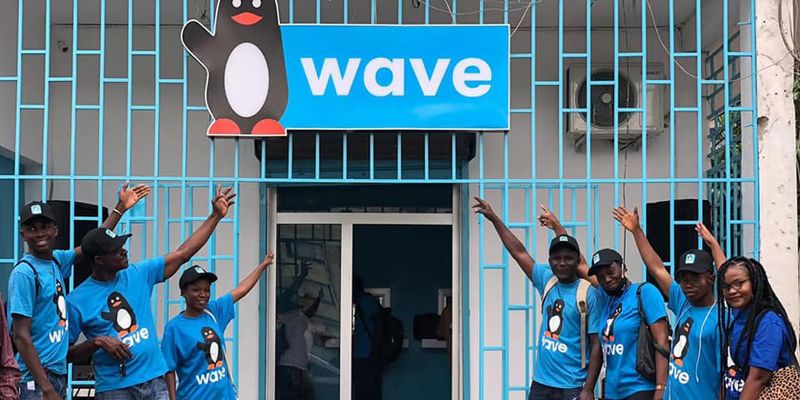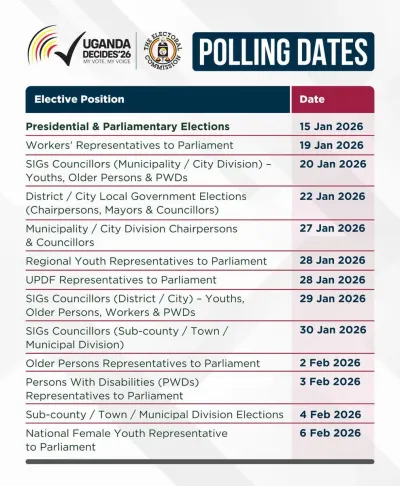
Wave Mobile Money, the Senegalese fintech firm that stormed into Uganda with a promise of low-cost mobile financial services, is encountering significant turbulence in the local market. Financial statements released on Tuesday for the year ending December 31, 2024, paint a concerning picture, revealing a substantial widening of the company’s net loss to 14.33 billion Ugandan shillings (approximately USD 3.78 million). This represents a considerable increase from the 11.18 billion shillings loss reported in the preceding year, underscoring the growing challenges faced by the ambitious newcomer.
Despite achieving a noteworthy revenue of 14.68 billion shillings, Wave Mobile Money’s expenditures ballooned, overshadowing its income. The company’s operational expenses and the cost of sales surged, leading to a larger operating loss of 3.11 billion shillings. This ultimately contributed to the significant expansion of the net loss, signalling that the initial traction gained in the market has not translated into financial sustainability.
In a statement accompanying the summary report, the company’s directors acknowledged the challenging financial landscape. While the audit opinion from BDO East Africa remained unmodified, the escalating losses serve as a stark reminder of the intense competition and unique characteristics of the Ugandan mobile money ecosystem. This environment, dominated by well-established players, appears to pose considerable obstacles to Wave’s growth aspirations.
This financial downturn is not an isolated incident. Earlier indicators had already hinted at potential instability for the venture-backed fintech in Uganda. Reports dating back to late 2022 pointed to a second round of staff layoffs, igniting speculation about a possible strategic retreat or a downscaling of operations. This followed a global restructuring in June 2022 that also impacted its Ugandan workforce, as the company sought to conserve capital and prioritise its more mature markets in Francophone Africa.
Wave’s initial strategy in Uganda revolved around attracting users with an enticing offer: free deposit and withdrawal services coupled with a low 1% transfer fee. This pricing model was a deliberate deviation from the higher charges levied by market giants such as MTN and Airtel.
While this disruptive approach may have succeeded in capturing a segment of the market, the widening losses suggest that it has not proven to be a sustainable path to profitability. The established brand loyalty enjoyed by incumbents, their extensive agent networks spanning the country, and their deep market penetration appear to be formidable barriers that Wave’s pricing strategy alone has not been able to overcome.
The Ugandan mobile money market, despite its impressive growth trajectory and high adoption rates among the population, presents a significant hurdle for new entrants attempting to challenge the deeply entrenched incumbents. The expanded losses incurred by Wave Mobile Money highlight the intricate complexities of navigating this competitive terrain.
It suggests that the company’s initial disruptive pricing model, while attractive to consumers, may not be sufficient on its own to achieve long-term financial viability and success in the face of well-resourced and strategically positioned competitors. The coming period will be crucial in determining whether Wave can adapt its strategy to navigate these challenges and carve out a sustainable niche in Uganda’s dynamic mobile money landscape.














Sunrise Reporter
Leave a Comment
Your email address will not be published.